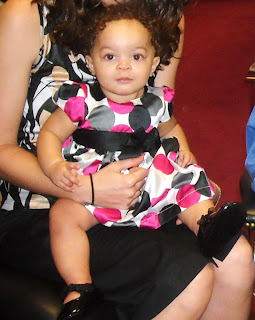For instance, does an ethic of obligation to others mean a life of overcommitment, an overstretching of energies? Perhaps. This is like legalism. We take a good thing (I care about others) and turn it into an absolute dictum (I should spend all my energy on others) or worse, an idol (I get my highest satisfaction from appearing selfless).
We all know people, or have been people, who stretch ourselves too thin. Time is like money, to be budgeted. There is only so much to go around, so when we allocate it, we expose our priorities. In my case, this explains the number of hours each week spent in making brownies versus practicing the piano.
And now the reverse: what does an extreme of obligation to self look like? Besides the dramatic examples in part one, here are some thoughts.
What if someone told you something juicy and added, “Please don’t tell anyone”?
If you then told just your mom or your best friend, but added “she said not to tell anyone, so don’t tell anyone else,” would that be ok?
If you start from a premise of obligation to self it might seem fine to tell just one person. You could even try to sanctify it by passing it along as a prayer request. A good test: would you want the friend to know you’d told? One of the most astounding facets of old English novels like those of Austen or Dickens or the Brontes (yes, this is a sad addiction of mine) is the way characters keep painful secrets indefinitely. They value trust even when it causes long-term discomfort. It strikes me profoundly precisely because it is a value so absent today.
Or what if you really loved someone who wasn’t your spouse? You’d again have a choice determined by the primary direction of your sense of duty. To tell the secret you are bursting to share or not? To follow the tug of breathless and forbidden romance or not?
Obligation to self above others is essentially license to do whatever we want, regardless of whom we hurt. “I only told one person!” will not assuage the anger of your betrayed friend. “I’m a better mom when I’m happy” may work better for mom than for the kids who forever after straddle worlds. And where is God in any of these calculations of emotion? We can’t please everyone, but we can be honest about to whom our greatest obligation is due.




